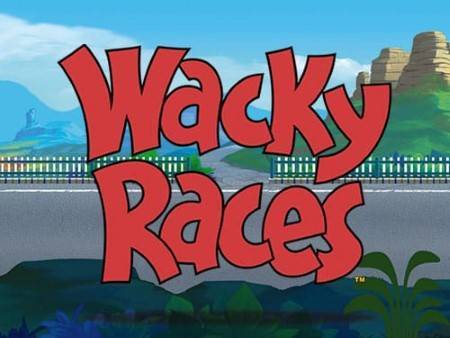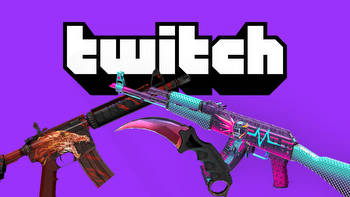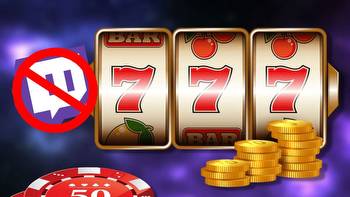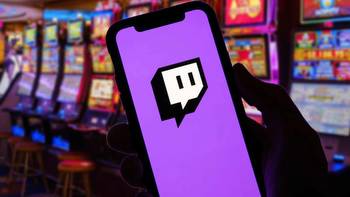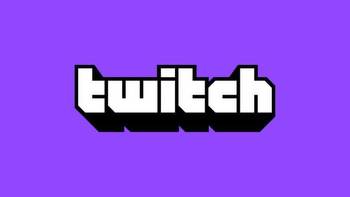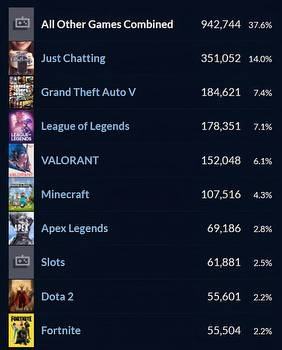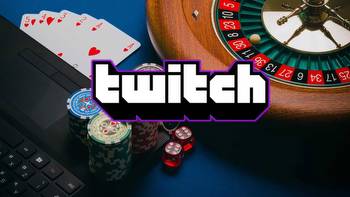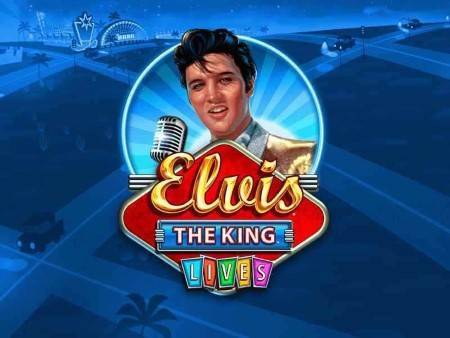Stop getting a Kick out of gambling
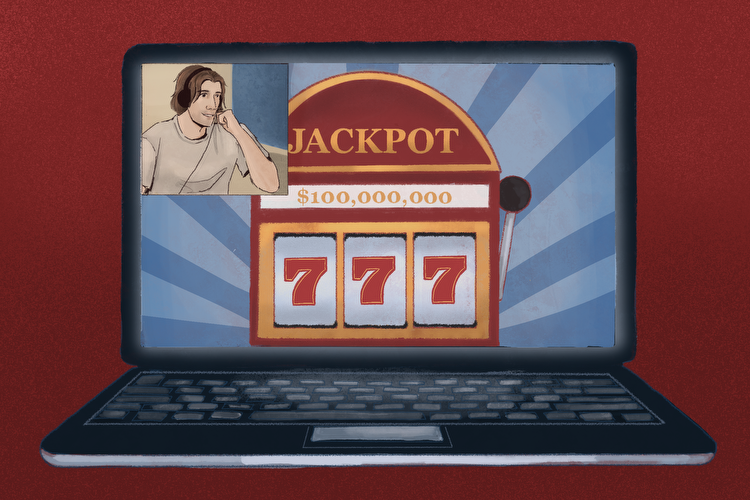
The gambling industry in the U.S. is more popular than ever, but many of those exposed to it are too young to legally partake. Gambling’s rise, along with record profits for casinos and sports betting apps, isn’t random. Much of the fervor is tied to a Supreme Court decision in 2018 that made it constitutional for states to legalize sports betting. Thirty-four states now allow the practice, providing a boost to the gambling industry. But another boost was the introduction of gambling on livestreams.
Since the COVID-19 pandemic, the market for livestreaming platforms has grown significantly. Many of these platforms now air gambling content, despite the young demographic of their audience. Streaming platforms such as Kick should ban gambling content for those who are underage, especially as rates of gambling addiction and teenage gambling are increasing.
But there has been pushback, and gambling is now something of a taboo topic for livestreamers and YouTubers. Dating back to 2019, popular YouTubers such as Brian ‘RiceGum’ Le and Jake Paul faced criticism for their promotion of mystery boxes that promised grand prizes to a small number of those who bought them. While this was not exactly the type of gambling content shown today, it established a dangerous precedent. In these videos, Paul and others would open boxes that they purchased and celebrate as they revealed expensive items they’d received. Although this content was all sponsored, it encouraged these influencers’ young viewer base to buy a mystery box and test their luck.
The actions of RiceGum and Paul were not without consequences. They proved the existence of a potent market in gambling livestreams and videos. And in 2022, Twitch saw a similar problem to the one YouTube faced three years earlier. Major livestreamers were sponsored to gamble on their channels. Although YouTube didn’t do much to stop the promotion in 2019, Twitch decided to take action after facing threats of boycotts from some of their largest creators.
Rather than banning users who streamed gambling, Twitch opted to make it impossible for major gambling sites to be aired on the platform. Twitch’s policy was recently expanded to include sites that were not originally listed. While Twitch seemed to solve a major problem, a new platform filled the gambling vacuum.
Kick emerged. Backed by online gambling sites, most notoriously Stake.com, it marketed itself as the antithesis of Twitch as a platform where gambling could be freely broadcasted. Twitch streamers followed better contracts to Kick, and the upstart company now rivals Twitch itself.
Now, Kick is exposing many of the underage members of its massive audience to gambling. Those streaming the gambling, however, argue that it is a matter of choice whom or what people choose to watch. After all, Kick isn’t mandating which streams its users choose to engage with. Kick also includes a toggle feature that removes all gambling content from the viewer’s home page. These actions should, in theory, let those who do not want to watch gambling content avoid being exposed to it.
However, there is a lack of understanding as to why many viewers choose to watch livestreams in the first place. The foundation of every streaming platform is the major creators that attract viewers. Kick even acknowledged such when they offered top streamers from Twitch large contracts to move to the streaming platform. The use of a toggle feature essentially becomes useless in this context if a viewer’s favorite streamer is streaming gambling content.
Streaming platforms such as Kick are in a position where adding an option to hide gambling streams isn’t enough. Streaming platforms should ensure this content isn’t being shown to those who are underage, especially when viewers can be as young as 13 years old, as specified by Kick’s community guidelines.
Steaming services banning livestreamed gambling for those under the legal age would help reduce the growing rates of underage gambling and would fall in line with existing laws that prohibit advertising tobacco products to minors. While a ban would likely not stop underage gambling altogether, it will certainly help, saving many from an addiction that could leave them at a major loss.







